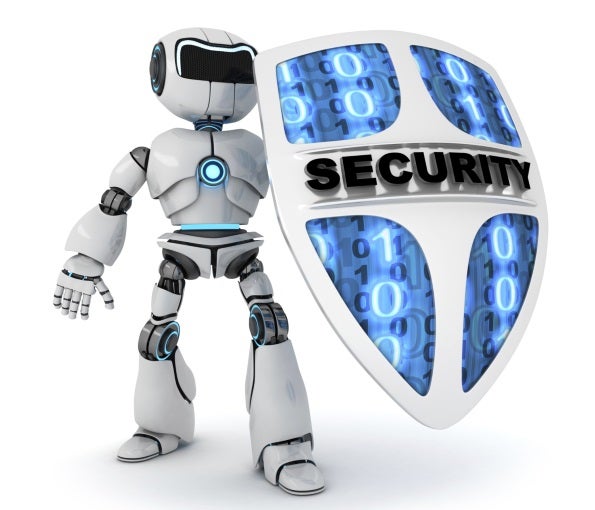By Larry Alton
As a small business owner, you’ve invested a huge chunk of your time, money, and energy to make your business work. Do you really want to risk losing it all simply because your employees failed to use basic security measures?
Small businesses often fail because of security breaches that put their data at risk. When small businesses suffer a business data loss from a cyber-attack, 60 percent of them shut down. And while security threats come in myriad forms, one of the biggest security risks to your company is your employees
Your employees can pose major problems and security risks, simply due to their negligence or lack of knowledge. Establishing a data security strategy and educating your employees can help you prevent many cyber-attacks. Here are just a few small business security tips you should share with your employees, in order to better protect your business.
Small Business Data Security Tips
1. Use Strong Passwords
People like to choose passwords they can remember. Sadly, the most common passwords in 2014 were “123456,” “password,” “12345678,” and “qwerty.” People also like to use their birthdays and other personal dates as passwords. Also troubling, people don’t change their passwords frequently; 47 percent of people use the same password for five straight years.
These types of simple (and weak) password structures make it ridiculously easy for hackers to hack them. And once they crack an employee’s password, it’s easy for them to access your entire system. Strong passwords include a combination of letters—both upper and lower case—numbers, and special characters. Teaching your employees to develop stronger passwords could potentially save your company from a data breach—and going out of business.
2. Download Malware Protection
Teach your employees about the power of malware protection. It’s simple to download a malware and antivirus protection, but not everyone does it. Even if your budget can’t stretch an inch further, you don’t have to go unprotected. You can find plenty of reputable and free antivirus software options to help protect your small business.
3. Click with Caution
Educate your employees about the dangers of clicking on email attachments and Web links. When employees on your network click on a spammy link, it can unleash all kinds of havoc on your files, and it can open the door for hackers. Learn how to spot risky attachments and phony websites, and then teach your staff to avoid this kind of infiltration.
4. Understand Mobile Threats
Many people believe that because mobile devices are relatively new and well-protected, they aren’t susceptible to security threats. However, that couldn’t be further from the truth. Malware can affect mobile devices just as easily as any other electronic devices, and it can cause major headaches for businesses when hackers steal data.
Mobile malware is quickly growing, and the threat is very real. Insist that your employees download apps only from trusted sources, like Google Play and the Apple App Store. They should also avoid connecting their mobile devices to untrusted networks and devices.
5. Back Up Data Regularly
The last thing you want is for your customers to blame you for losing their data. Ransomware, a common family of malware, can take over a computer and steal information. What’s worse, this ransomware can infect your website, even if you have protection in place.
Preventing a ransomeware attack is very difficult and not at all foolproof. But you can take these steps to minimize the risk of infection. And of course it also helps to keep all of your small business systems and software up to date.
6. Avoid Public Wi-Fi
Many people don’t realize that public Wi-Fi is one of the most vulnerable places for mobile devices; hackers feed off the unencrypted Web use to attack personal accounts. Conduct sensitive browsing, such as banking and online transactions, only on a trusted device and a secure network, in order to avoid having your data stolen.
7. Don’t Leave Devices Unattended
This seems like basic common sense, but many people are simply too trusting. Computers, phones, tablets, laptops, and other devices that may contain personal account information on them make tempting targets for thieves. Even if you leave your laptop for just a moment while getting a napkin from the counter at the coffee shop, your accounts are at risk. Lock and secure your mobile devices, flash drives, external hard drives, and any other sensitive equipment before stepping away.
Larry Alton is an independent business consultant specializing in social media trends, business, and entrepreneurship. Follow him on Twitter and LinkedIn.
| Do you have a comment or question about this article or other small business topics in general? Speak out in the SmallBusinessComputing.com Forums. Join the discussion today! |


